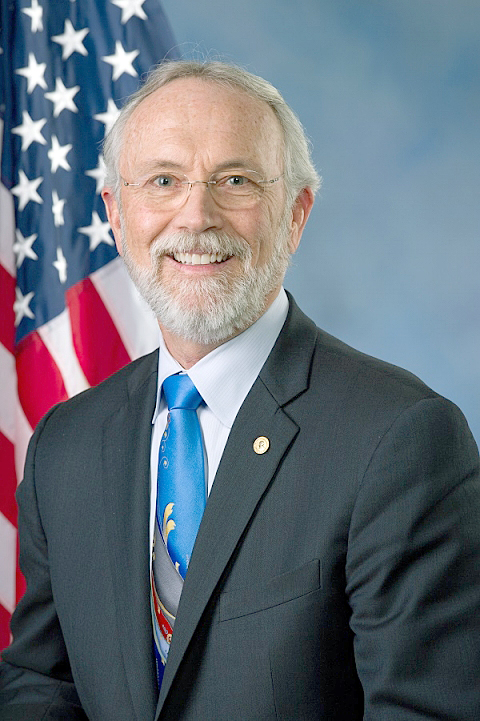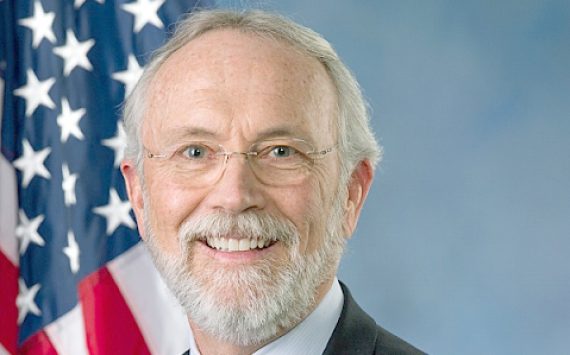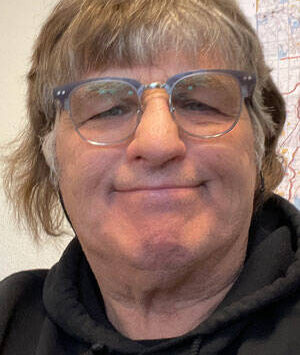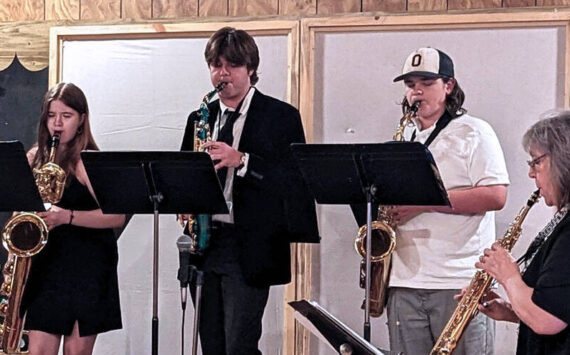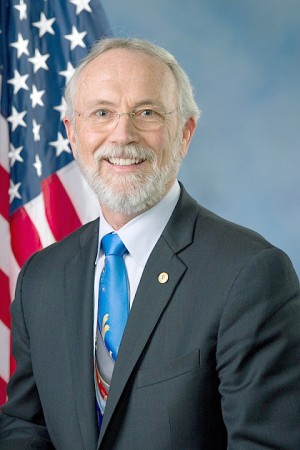

WASHINGTON, D.C. – Today, Rep. Dan Newhouse (R-WA) led a bipartisan, bicameral letter to the Indian Health Center (IHS) in support of the Confederated Tribes of the Colville Indian Reservation’s application for a new IHS clinic in Omak through the Joint Venture Construction Program. The letter was co-signed by Senator Patty Murray (D-WA), Senator Maria Cantwell (D-WA), Representative McMorris Rodgers (R-WA), Representative Kim Schrier (D-WA), and Representative Denny Heck (D-WA).
Through the Joint Venture Construction Program, the Colville Tribes would fully fund the construction of a new clinic in Omak. In return, IHS would provide staffing and operate the clinic at no cost to the tribe for a period of 20 years.
“If the Colville Tribes’ application were to be ultimately selected, it would address the urgent need for a new clinic in Omak and allow the Colville Tribes to update its staffing levels,” the letter reads. “Both outcomes would benefit not only the Colville Tribes and its members but would also provide new investment in the health care infrastructure of north central Washington, which would be a benefit to all.”
Randy Cawston, Chairman of the Colville Tribes Business Council, said, “The Colville Tribes is very pleased that Congressman Newhouse and our Congressional delegation communicated to IHS the critical need for a new Omak clinic. If our application is successful, the new health providers, specialized staff, and technology that the facility would bring will benefit all of North Central Washington by creating greater access to resources and increased capacity to serve.”
The full letter can be found here and below.
Dear Directors Weahkee, Hartz, and Seyler:
For decades, the Confederated Tribes of the Colville Indian Reservation (“Colville Tribes”) and its membership have lacked a tribal health care facility in Omak, one of the largest districts on the Colville Reservation. In July 2003, the Tribes, recognizing the health needs, used tribal funds to modify a small modular office building for use as a clinic and relocated personnel from its already understaffed Colville Service Unit to provide at least some health care to Omak residents.
The current modular building is so constrained that it barely allows for wheelchair access in its main hallway. The lack of square footage has inhibited the Colville Tribes’ ability to add and retain health care providers in Omak, which has resulted in long wait times for patients and fewer patient encounters. The Colville Service Unit has been operating under historically low staffing ratios since the late 1930s, so the Colville Tribes were already facing a critical shortage of providers in its health delivery system. The reduction in patient encounters caused by the lack of providers has had the domino effect of eroding the Colville Tribes’ user population count and negatively impacting the Colville Service Unit’s base funding.
Now, for the second time in the last decade, the Colville Tribes have applied to replace the modular Omak site with a new clinic through the Indian Health Service’s Joint Venture Construction Program. Today, the Colville Tribes stand strong with the ability to fund the construction of a new Omak clinic. The Colville Tribes has been able to invest tribal resources to develop plans for the new Omak facility and secure financing for that facility. The Colville Tribes is confident that its current application will score much higher than its last application in 2014 because the current application includes data relevant to the Omak clinic that was not included in the prior application.
We are hopeful that the Indian Health Service will give full and fair consideration to the Tribes’ Joint Venture Construction Program application for a new clinic in Omak. This facility will provide health care for thousands of underserved IHS eligible patients. If the Colville Tribes’ application were to be ultimately selected, it would address the urgent need for a new clinic in Omak and allow the Colville Tribes to update its staffing levels. Both outcomes would benefit not only the Colville Tribes and its members but would also provide new investment in the health care infrastructure of north central Washington, which would be a benefit to all.
